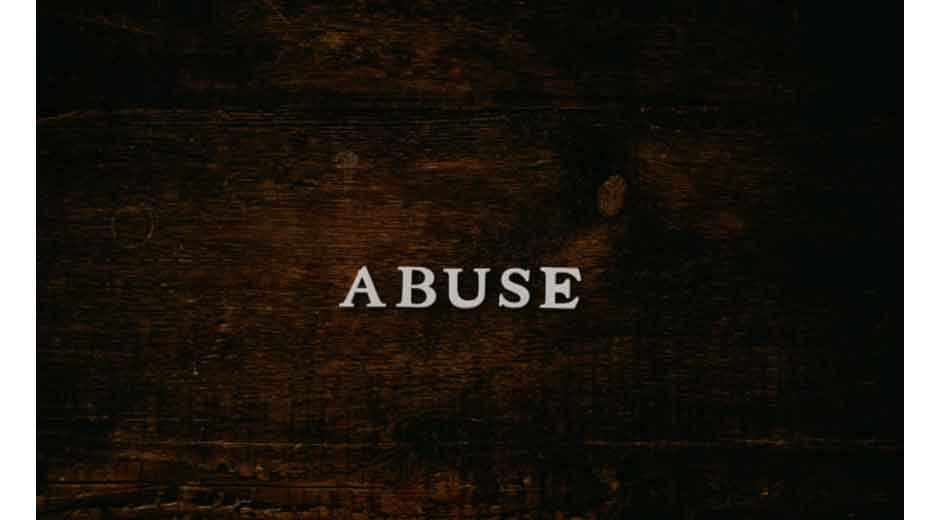Thousands of Coloradans face the devastating effects of sexual assault annually as a severe crime.
Sexual assault survivors often find the complicated legal system extremely difficult to manage while also coping with their trauma. Survivors who seek justice need to understand their legal rights and how the legal system functions.
Knowledge of Colorado’s legal system procedures helps survivors and their loved ones achieve better case results and advance their healing paths after sexual assault.
Key Points You’ll Discover
- Understanding Colorado Sexual Assault Laws
- First Steps After an Assault
- Working with Law Enforcement
- The Court Process Explained
- Victims’ Rights in Colorado
- Support Resources Available
- Civil vs. Criminal Proceedings
Understanding Colorado Sexual Assault Laws
- Any sexual intrusion or penetration that leads to victim’s submission against their will constitutes sexual assault under Colorado law. The definition covers circumstances that involve physical force or threats as well as situations where victims cannot consent because of intoxication, mental incapacity or their age.
- Colorado statutes determine the classification of sexual assault cases based on various specific circumstances.
- The highest severity level for sexual assault charges falls under Class 2 Felony which includes any cases involving weapons use, severe injury infliction or assaults by multiple attackers.
- The third degree felony classification covers cases where force or threats took place.
- Cases where the victim is physically unable to defend themselves fall under Class 4 Felony.
Class 1 Misdemeanor includes sexual assault cases that fail to reach felony standards.
The duration of the statute of limitations depends on how serious the crime is. Prosecutors can initiate legal actions for severe sexual assault cases indefinitely because there is no statutory time limit.
Recognizing legal distinctions becomes essential when facing Colorado sexual assault charges. Working with a knowledgeable sex assault lawyer in Denver, Colorado who specializes in these cases can help ensure your rights are protected throughout the legal process.
First Steps After an Assault
- During the direct aftermath of sexual assault victims must focus on both their recovery process and any future legal actions.
- Ensure your safety:Find a secure location to separate yourself from the attacker.
- Seek medical attention: Receiving medical care remains essential even when no visible injuries are present. A medical exam provides necessary injury treatment while gathering forensic evidence through a rape kit.
- Preserve evidence: To protect evidence in case of a sexual assault refrain from showering or changing clothes and avoid cleaning the location where the incident happened.
- Consider reporting:Survivors maintain their right to press charges by choosing to report the incident.
Working with Law Enforcement
Although reporting sexual assault to police departments might seem frightening people who understand the procedure will feel more equipped to handle it.
Filing a Police Report
In Colorado when you submit a police report regarding sexual assault:
The initial interview: An officer will take your statement. Survivors have the right to request that their police interview be conducted by an officer of their preferred gender.
Detailed questions: The police will pose targeted questions regarding the details of the assault. Even though you might find these questions invasive their purpose is essential for constructing a legal case.
Evidence collection: Law enforcement officials might collect clothing samples, take photographic evidence or secure other types of physical proof.
A significant portion of incidents remains unreported because victims experience fear or shame.
The Investigation Process
Once a report is filed investigators may carry out follow-up interviews as well as witness interviews collect more evidence and eventually question the alleged perpetrator.
The city of Denver witnessed an average of 58 sexual assault reports per month during the previous 48-month period. The duration of investigations changes with the level of case complexity and availability of evidence.
Deciding Whether to Press Charges
The district attorney holds the authority to make the final decision about pressing charges in Colorado instead of the victim. The wishes of victims usually influence decisions in the legal process even though the district attorney holds the power to press charges.
The Court Process Explained
The court phase of the legal process begins once charges are brought against your perpetrator.
Pre-Trial Proceedings
Important proceedings occur before a trial officially starts.
Arraignment: The defendant receives formal charges followed by entering a plea.
Preliminary Hearing: A judge evaluates whether sufficient evidence exists to continue the case.
Pre-Trial Motions: During pre-trial motions attorneys submit requests to determine which evidence should be accepted or rejected.
Plea Bargaining: The defense counsel and prosecution team have the option to work out a plea deal.
The Clery Annual Security Report reveals that even environments perceived as safe experience numerous criminal incidents.
The Trial
During a trial the typical proceedings involve jury selection followed by opening statements and witness testimony leading to closing arguments before the jury deliberates to reach their verdict.
As a victim, testifying can be challenging. The judicial system in Colorado provides sexual assault victims with special accommodations including privacy screens and the presence of support persons during trials.
Sentencing
People convicted of sexual assault may face multiple consequences including imprisonment, probationary periods, requirements for sex offender registration, financial restitution to victims, and compulsory participation in treatment programs.
Victims are permitted to present a Victim Impact Statement before sentencing which details how they have been affected by the crime.
Victims’ Rights in Colorado
The Victim Rights Act (VRA) provides Colorado sexual assault victims with substantial legal protection.
Key Rights Under Colorado Law
- In Colorado sexual assault victims are granted the right to:
- Be treated with fairness, respect, and dignity
- Be informed about the criminal justice process
- Maintain attendance throughout every critical stage of criminal proceedings.
- You have the right to participate during essential legal events such as bond hearings and sentencing.
- Discuss the charging decisions and plea negotiations with the prosecutor
- Your personal information must be kept confidential under privacy protection measures.
- Restitution and return of property
Protection from intimidation and harassment
You can file a formal complaint through the agency’s Victim Rights Act specialist or reach out to the Colorado Division of Criminal Justice if you think your rights have been violated.
Support Resources Available
Survivors of sexual assault need support while dealing with legal procedures. The state of Colorado provides multiple support resources that are specially created for victims.
Victim Advocates & Organizations
- Professional victim advocates receive specialized training to provide assistance to crime victims. Victim advocates can help you understand legal procedures and provide courtroom support while linking you to counseling resources.
- Key organizations in Colorado include:
- Colorado Coalition Against Sexual Assault (CCASA)
- The Blue Bench (24/7 hotline)
- The WINGS Foundation provides support specifically for adult survivors who endured sexual abuse during childhood.
- RAINN (National Sexual Assault Hotline: 1-800-656-HOPE)
Civil vs. Criminal Proceedings
Survivors exploring legal remedies must know how civil cases differ from criminal cases.
Criminal cases: Brought by the state against the perpetrator. The burden of proof in criminal cases demands evidence that establishes guilt beyond a reasonable doubt which results in punishments like incarceration.
Civil lawsuits: The victim starts civil lawsuits against the perpetrator with the aim of obtaining financial compensation. The standard for civil cases requires “preponderance of evidence” which has a lower burden than that of criminal cases. Civil litigation serves as a path to justice for many survivors when criminal prosecution fails to proceed.
Wrapping Up
Survivors navigating Colorado’s legal system face difficulties after sexual assault yet can better handle the experience through proper knowledge of the process and their legal rights. Legal proceedings represent only one component of your personal healing journey.
A dedicated team of professionals throughout Colorado stands by to assist you throughout your entire journey. Your healing and wellbeing remain the top priorities regardless of whether you decide to report the incident.










